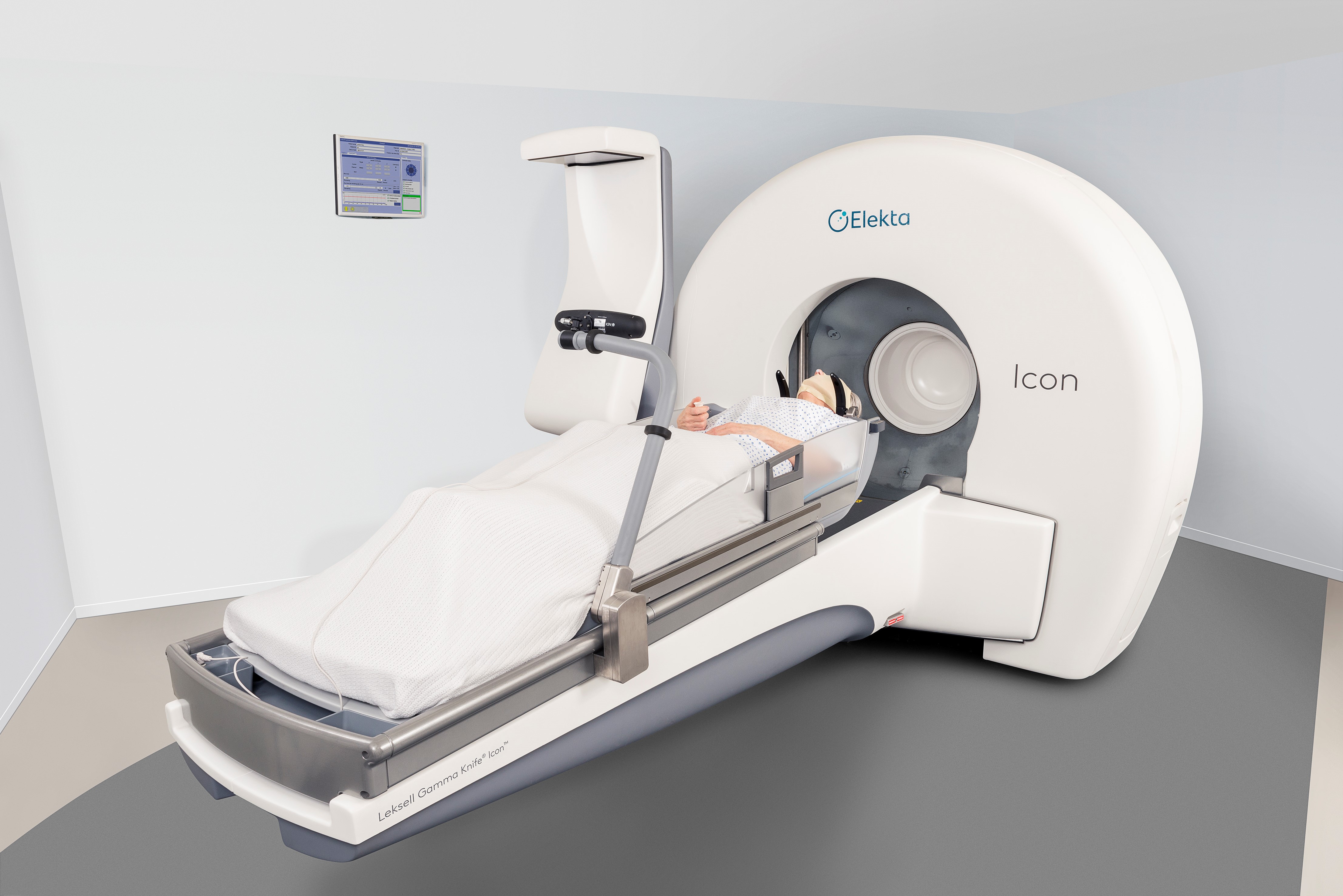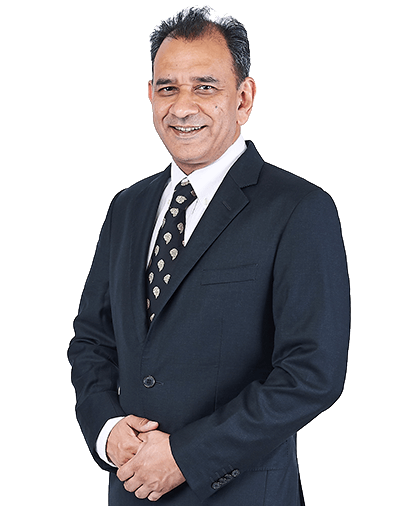Medical Care , Health & Wellness , Oncology (Cancer)
GAMMA Knife Procedure for Brain Surgery
GAMMA Knife radiosurgery is commonly used to treat brain tumours whether benign or malignant.

GAMMA Knife procedure (GKP) has become an increasingly popular method for treating many brain diseases.
Also known as Gamma Knife radiosurgery or stereotactic radiosurgery, GKP is progressively being applied in patients with various brain diseases.
GKP is commonly used to treat brain tumours whether benign or malignant.
It is also commonly used to treat metastases which are tumours that have spread from other parts of the body to the brain.
GKP is also effective in treatment of vascular lesions such as arterio-venous malformations and cavernomas.
Additionally, GKP can be used to treat pain as in trigeminal neuralgia and glossopharyngeal neuralgia, movement disorders as in Parkinson’s disease, epilepsy and obsessive compulsive disorders.
These are a few common conditions that can be treated with GKP.
According to Gleneagles Hospital Kuala Lumpur consultant neurosurgeon Datuk Dr Jagdeep Singh Nanra, GKP is a highly accurate radiosurgery procedure that is usually performed with the application of a stereotactic frame.
“GK uses many beams of Cobalt 60 radiation from multiple angles to target one specific area in the brain. There are 192 sources of radiation targeting to a point,” he added.
Gamma radiation from a Cobalt 60 source is used in GKP.
Asked how safe is GKP, he said: “GK can be used as a primary treatment in many brain diseases or as an adjunct to surgery. In general, if a condition is ideal for GK, the associated risks are significantly less.”
He said that in most cases, GKP could be a one-time therapy completed in a single day to treat the patient’s condition.
‘GK can be used as a primary treatment in many brain diseases or as an adjunct to surgery,’ said Dr Jagdeep.
On the success rate of GKP, Dr Jagdeep said it would depend on the underlying disease, but noted that the results of controlling the brain disease have been effective.
“For brain metastases, the advantage is that GK does not affect normal brain tissue, and only targets the treated tumour.
On the ideal conditions of a patient to seek GKP, he said it would depend on many factors, mainly the size of the tumour, location and the proximity of organs at risks.
Dr Jagdeep explained that if the size of the tumour is not more than 3-3.5cm, a single session treatment will suffice.
On the number of tumours that could be treated using GK in a single outpatient procedure, he said: “There is good data of brain metastases of up to 20 tumours.”
He added that GKP could be combined with traditional neurosurgery to control tumor growth or to aim for complete cure.
“Certain tumours can’t be removed completely due to risks and potential harm to the patient. In these cases, surgery is followed by GK at a later stage,” he shared.
On the benefits of GKP, the procedure poses lower risks and process takes only a day.
“The patient is able to return to normal activities following treatment. The GKP can be repeated if required in the future.”
On the risks of GKP, he said: “Radiation injury can lead to swelling of the tumour and the surrounding brain. This risk is very low.
“Other risks also depend on the proximity of critical structures and this depends on the location of the lesion in the brain.
“As with any radiation treatment, there is a negligible risk of inducing cancer,” he said.
Dr Jagdeep said the patient could “almost immediately” recover from GKP, which could be done on a day care or overnight stay patient.
On GK treatment costs, he said it would be about RM38,000 in most cases.
“In vascular cases such as arteriovenous malformation (AVM) where patient will require an angiogram, the cost will be higher,” he added.
The GKP is jointly performed by a neurosurgeon and an oncologist, and is covered by insurance.
Doctors

Related Articles
Health & Wellness
How to Deal with Obesity & Diabetes?
The prevalence of obesity in the world have continued to increase significantly. It is estimated by WHO that 39% of adults aged 18 years and over were overweight in 2016, and 13% were obese.
Read moreMedical Care
Blood delivery drone due to become world’s fastest
New-generation drones slash delivery time of life-saving blood products and medicines in hard-to-reach areas in Rwanda
Read moreMedical Care
Better use your nose
In the long term, mouth breathing might lead to several complications
Read moreLatest Articles
Medical Care
Clinical Exercise Physiologist (CEP): The Emerging of Exercise is Medicine
How Exercising can be a Medicine
Read moreMedical Care
Reversing type 2 Diabetes: Embracing Hope and Determination
Experience the remarkable journey of Ash and his grandfather Atok as they conquer type 2 diabetes through unconventional methods, showcasing the power of love and determination over adversity.
Read moreMedical Care
Bladder Cancer: What You Need to Know
Empower yourself with our comprehensive guide to bladder cancer. Explore symptoms, diagnosis, treatments, and supportive resources to safeguard your health.
Read more